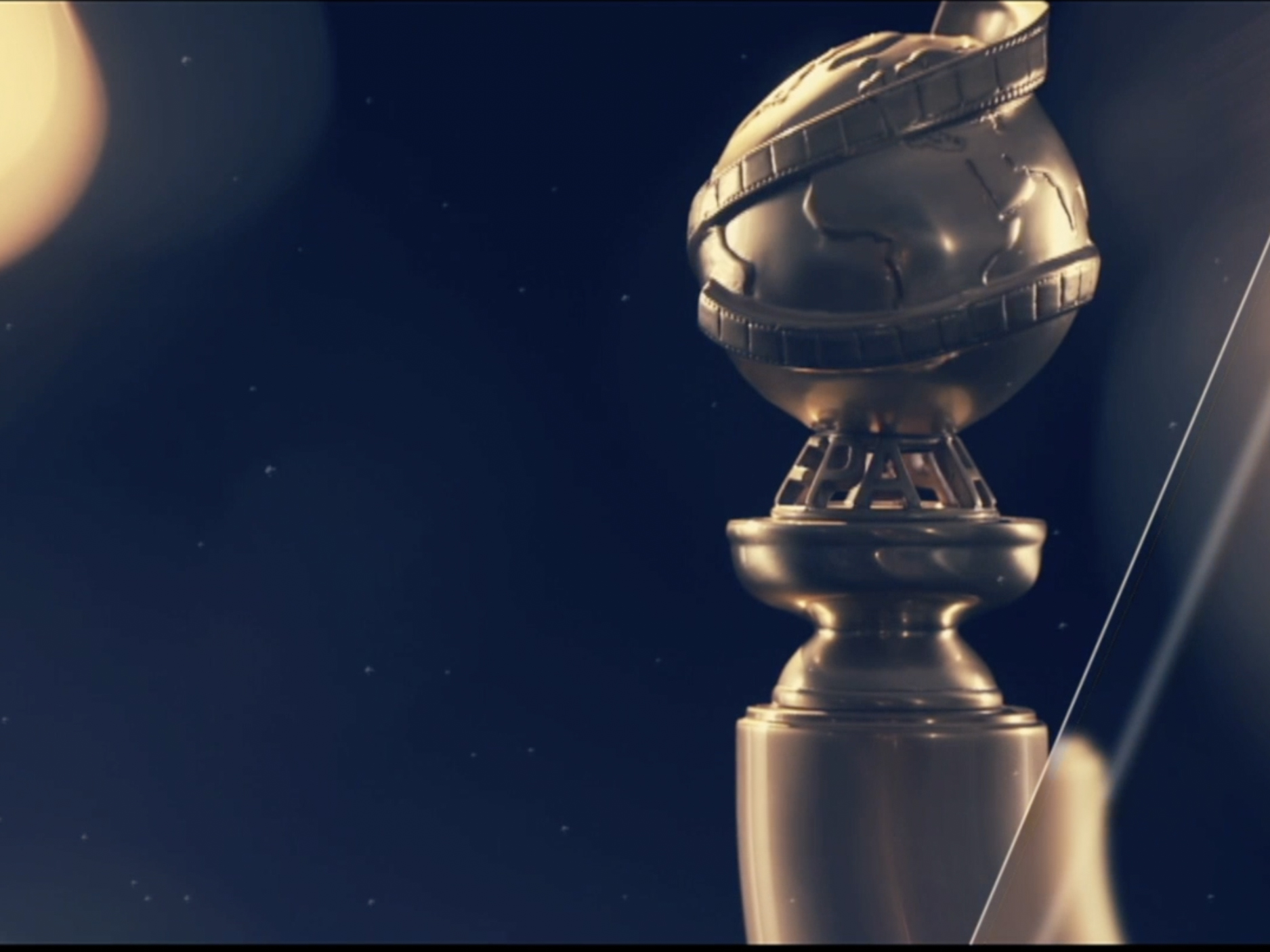
- HFPA
Cannes Restoration: The HFPA Helps to Preserve a Piece of History
“Eighty percent of silent movies were lost before anyone realized how important they were,” Sandra Schulberg, president of IndieCollect in Los Angeles stated at the May 25th Hollywood Foreign Press Association Napoleon restoration event in Cannes. “Half of all movies made before 1950 have been lost. And we are now witnessing, those of us who are in the know, the slow-motion extinction of the entire post-war generation of American indie films.”
Restoring film isn’t a headline-grabbing, sexy business, but saving both modern and classic films is akin to preserving living documents of world history. This is why the sold-out luncheon and panel event, celebrating a new grant to fund the continued restoration of Abel Gance’s 1927 production of Napoleon, one of the last super productions of the silent film area, was met with an attentive crowd consisting of everyone from Thierry Frémaux, Director of the Cannes Film Festival, to filmmakers, journalists, professors, and museum curators.
Gance’s epic originally premiered in Paris in 1927, relaying the youth of Napoleon. The seven-hour film was renowned for its ambitious scenes and innovative camera work. For example, the final battle scenes were originally shown on three separate screens simultaneously, each with a separate projector, to capture the full scope.
“Repeated attempts to re-edit the film by distributors, film historians and Gance himself, meant film reels were scattered around the globe. Some lost, some damaged, others mixed up, or just totally lost, leaving up to 22 versions in existence,” HFPA president Helen Hoehne stated at the event. “It’s a massive project, which includes a number of partners, such as Netflix, which has also generously donated. And in a few months, the collaboration between the HFPA and La Cinémathèque Française will extend to the organization of screenings, conferences, and master classes, which we’re very excited about.”
Hoehne’s announcement was followed by a (mostly French-speaking) panel discussion featuring Serge Bromberg, the project’s director, Frédéric Bonnaud, director of the Cinémathèque Française, Laurent Cormier, director of cinematographic heritage CNC, Gianluca Farinelli, president of the Cinémathèque of Bologna, and Schulberg. The conversation was based on the practical difficulty in restoring film as well as the financial hurdles.
“Basically, there is very little film preservation; The Film Foundation of course, but HFPA…in the remote, obscure, not visible, they have been there for so long and working on so many amazing films, financing some huge projects” Bromberg said. “So, it should be acknowledged that the HFPA has been behind most of the major restorations in the last 40 years.”
“Preserving the heritage of so many filmmakers over decades has become an important mission of the HFPA,” Hoehne said. “Since 1989, the HFPA has donated more than $50 million to non-profit organizations in all areas of film, including the restoration of 138 classic films that have been seen by cinema fans all over the world. This year alone, we donated more than $5 million to 73 non-profit groups, including colleges, universities, and other leaders in the field of film preservation and restoration. Why is film restoration so important? According to the US Library of Congress, only 20% of feature films from 1910s and the 20s survive today. And those made before 1950, over half are already have been lost. That is a huge part of our culture. Films that captured our humor, our triumph, disaster, and represented the work, creativity and passions of directors, writers, actors, and everyone working behind the camera. Those lost films can never be recovered and obviously it’s a terrible loss for everyone, which is why the HFPA took up the cause of preserving, restoring films in danger and disintegrating forever.”
“I want to salute, especially the HFPA for helping us now, for having become a leader worldwide in the restoration of movies in general, but now through IndieCollect, especially American indie movies,” Schulberg added. “We are trying to represent the incredible diversity of American indie film and save these films before it’s too late. So, my message to you, is that we are in a crisis. We are playing a game of musical chairs and the music is about to stop.”